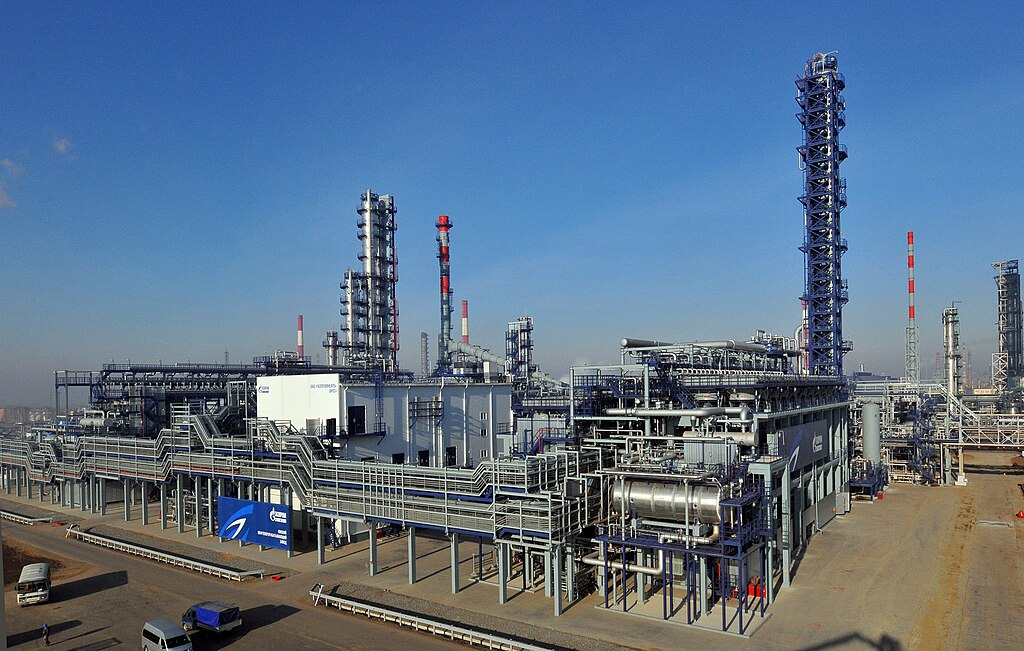Bitcoin mining has been a hot topic in Russia recently, with concerns about energy consumption and strain on the power grid leading to bans in various regions. In Irkutsk, the first-ever year-round ban on crypto mining was implemented earlier this month, following a wintertime ban imposed by Moscow on 10 Russian and Russian-controlled regions until 2031.
Irkutsk Governor Igor Kobzev has suggested a potential solution to the ongoing Bitcoin mining-related concerns in the region. He has proposed that major players in the mining market collaborate with oil and gas companies to build data centers powered by alternative fuel sources, specifically associated gas produced at oil drilling sites.
During an address on the state of affairs in the region, Kobzev emphasized the importance of overcoming electricity shortages to ensure uninterrupted power supply for residents and enterprises. He highlighted the successful cases of firms utilizing associated gas to power data centers and urged mining operators to explore this alternative energy source.
Russian oil firms have been conducting pilots with crypto miners on associated gas-related initiatives since the early 2020s, with notable partnerships between BitRiver and Gazprom Neft. Kobzev’s proposal aims to leverage the surplus associated gas to support crypto mining operations in southern Irkutsk, away from public grids, thereby improving the region’s environment by reducing flaring.
The surge in Bitcoin and altcoin mining in Russia has led to a significant strain on energy grids, prompting the Ministry of Energy to consider additional regional mining bans. While some areas claim surplus power for miners, Kobzev’s focus is on supporting associated gas-powered crypto mining initiatives to address energy challenges and enhance environmental sustainability.
The utilization of associated gas for energy production offers a unique opportunity for miners, despite concerns about irregular energy flow. Kobzev remains optimistic about the potential of this alternative energy source to alleviate capacity deficits in southeastern Siberia by 2030. However, critics argue that the crackdown on crypto mining in southern Irkutsk has driven an increase in illegal operations, fueled by rising Bitcoin prices.
Overall, Kobzev’s proposal to leverage associated gas for Bitcoin mining presents a promising solution to address energy concerns and promote sustainable practices in the region. By fostering collaboration between mining operators and oil and gas companies, Irkutsk could pave the way for a more environmentally friendly approach to crypto mining. Global Pandemic: How the World is Responding to COVID-19
The COVID-19 pandemic has created unprecedented challenges for countries around the world, with over 200 million cases and 4 million deaths reported to date. As the virus continues to spread, governments, healthcare systems, and communities are working tirelessly to respond to the crisis and limit its impact on public health and the economy.
One of the key responses to the pandemic has been the development and distribution of vaccines. Scientists and pharmaceutical companies have worked around the clock to create safe and effective vaccines to protect against COVID-19. As of now, several vaccines have been approved for use, with millions of doses administered worldwide. However, challenges remain in ensuring equitable distribution of vaccines to all populations, particularly in low-income countries.
In addition to vaccination efforts, countries have implemented a range of public health measures to curb the spread of the virus. These measures include lockdowns, mask mandates, social distancing guidelines, and travel restrictions. While these measures have been effective in reducing transmission rates, they have also taken a toll on businesses, education, and mental health.
The pandemic has also highlighted the importance of global cooperation in addressing public health crises. International organizations such as the World Health Organization (WHO) have played a crucial role in coordinating efforts to combat the virus and ensure that resources are allocated where they are most needed. Countries have also worked together to share information and best practices, as well as to provide financial and technical support to those most affected by the pandemic.
As the world continues to grapple with the effects of COVID-19, it is clear that a coordinated and sustained response is necessary to overcome the challenges posed by the virus. Governments, healthcare systems, and communities must continue to work together to ensure that vaccines are distributed equitably, public health measures are enforced effectively, and support is provided to those most affected by the pandemic. By working together, we can overcome this crisis and build a more resilient and prepared world for future health emergencies.

